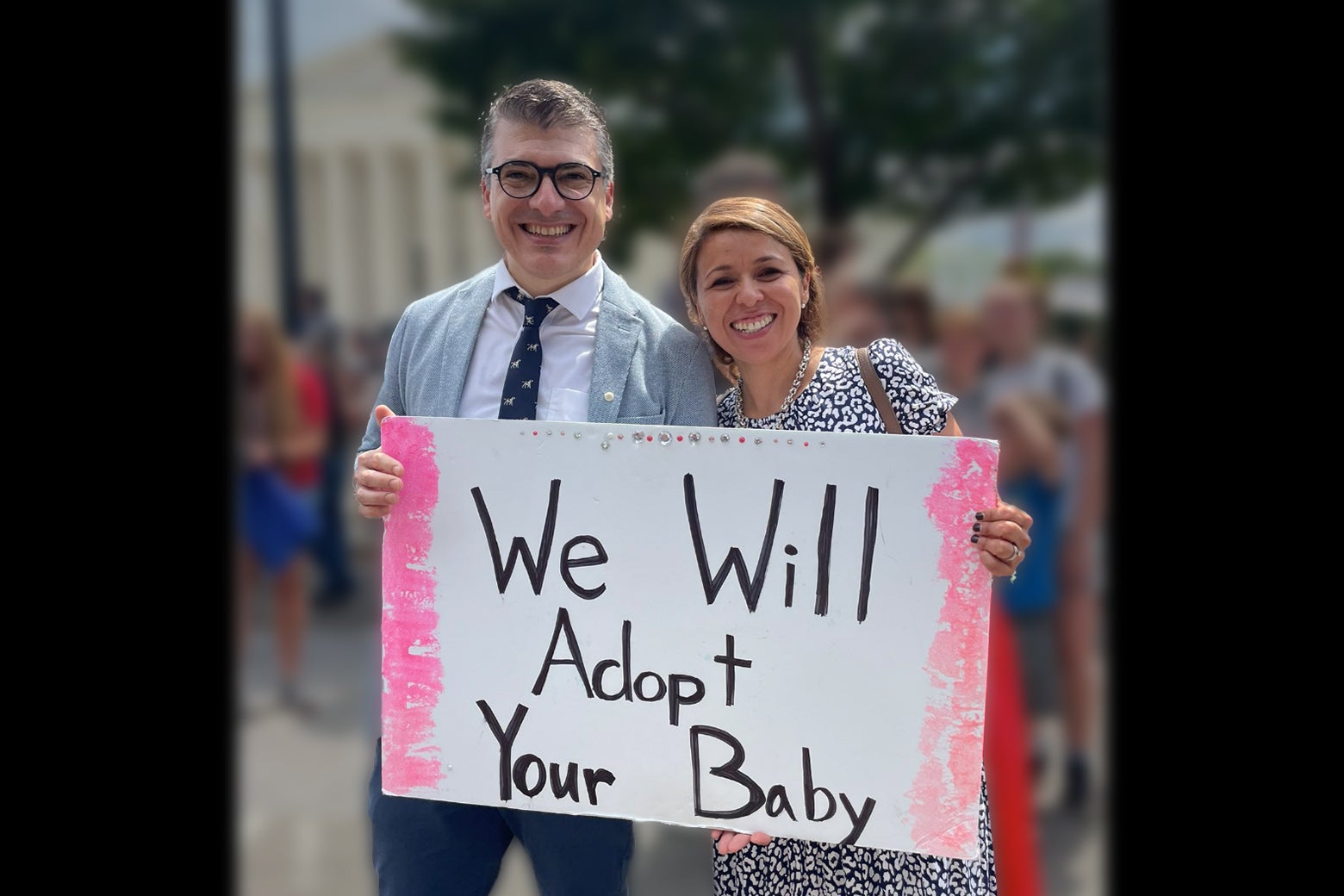In the year of our lord two thousand twenty one, you cannot write about the relationship between DNA and life outcomes without talking about the history of eugenics, how eugenics is bad, and how this book is definitely not doing eugenics. Katheryn Paige Harden correctly “read the room” here and spends nearly half of her book, The Genetic Lottery, talking about the history of eugenics, how eugenics is bad, and how this book is definitely not doing eugenics.
And yet, she still thinks it is worth it for non-eugenicists to do this research.
“The tacit collusion among many social scientists to ignore genetics is motivated, i believe, by well-intentioned but ultimately misguided fears—the fear that even considering the possibility of genetic influence implies a biodeterminism or genetic reductionism they would find abhorrent, the fear that genetic data will inexorably be misused to classify people in ways that strip them of rights and opportunities.”
When Very Online People criticize any point made by Jon Haidt, they ignore his arguments and go ad hominem by simply posting this screen shot:
I finally watched the video and I'm not sure it's making the point his critics think he's making, but he could have been more clear. In the talk, Haidt, he says two things that are true as he gets toward his point. One, there are racial IQ disparities and two, IQ is heritable. John Nerst once wrote that “decouplers” perform this magic ritual to isolate an idea from its context ("By X, I don’t mean Y"). You could say the first half of Harden's book is her doing the magic ritual. Unlike Haidt, who would have served himself well to do such a ritual here.
After reading The Genetic Lottery, taking Haidt’s two “facts” at face value can lead you to very wrong conclusions. Let’s start with the second “fact.” My hair color, skin color, and height are all traits I get from my ancestors. But what we call intelligence doesn’t work like that. Instead, we measure what Harden calls a “polygenic index,” which is a combination of DNA (the parts you get from your mom and the parts you get from your dad) that increases your likelihood of, e.g. graduating from college or having a high IQ score.
So while technically you can only inherit your DNA from your parents, the way they combine to form your unique DNA sequence (“I get this particular gene from my Mom, this particular gene from my Dad, and when they combine it increases the likelihood that I graduate from college”) is totally random. It was just luck, not some super intelligent bloodline you are a part of.
The second part of the ritual Haidt should have performed is to mention the effects that environment has on IQ scores, which play a huge role in the racial disparities. In fact, Harden points out that we don’t even know about the genetic makeup of anyone other than those of European ancestry, so we can't draw any conclusions at all from the impact of genetics on, say, the IQ scores of people with African ancestry.
Leveling the Field
Harden observes that most people who cite her research are academics, but one sixth are white nationalists. Leaving the field because of the eugenics stigma will let racists dominate, so she owes to to her fellow progressives to level the field in genetics research (Intellectual diversity ftw!)
“If people with progressive political values, who reject claims of genetic determinism and pseudoscientific racialist speculation, abdicate their responsibility to engage with the science of human abilities and the genetics of human behavior, the field will come to be dominated by those who do not share those values.”
Leftist academics have created a norm; studying the impact of genetics on disparities is a third rail and if you try to touch it we will come after you. Harden is transparent about the hate mail she gets for her work, so you have to wonder, how many other progressive academics could be doing meaningful research in this area but were too deterred because of this norm?
This gets to my rule about determining if controversial a topic is at least 2 of: true, kind, and necessary. It's probably not kind to suggest one's lot in life is partially determined by their genetics. It's certainly not kind to fuel the fire of eugenicists. But what if it is true? If so, studying it better be necessary. That is the case Harden attempts to make.
On IQ
Harden doesn't spend much time using IQ as a measure, she prefers talking about educational attainment. However, she makes a good point about IQ dismissers. If the racial IQ gap starts to close, we won't be able to celebrate it as an equity victory if we've dismissed it as pseudo science.
In fact, measuring IQ is how we have determined the disproportionate impact of lead water on black communities.
“What tool is used to measure the neurotoxic effects of lead? IQ tests. The IQ deficits that result from lead exposure prevent researchers and policy makers from shrugging off the effects of lead as temporary or trivial.”
On finding people’s strengths
Even if genetic research does come to prove that racial differences in IQ are partially due to genetics, that doesn’t mean that one race is “smarter” than another race. It might just mean that they are better optimized for taking IQ tests. Something about the DNA of a given population with a shared ancestry might make test-taking more difficult, and maybe extra resources can help overcome that gap. Or, maybe they are stronger than other populations in an area we aren’t measuring yet. Maybe you're bad at rotating three-dimensional objects in your mind but great at reading people's body language.
Conversely, we come to discover that what causes one population with a particular polygenic index to struggle in school might optimize them to succeed in other areas, which is what we're discovering with the autism community.
“...neurodiversity advocates argue that the cognitive and behavioral featues of autism specrum disorders … are not necessarily bugs, but rather potential features of the cognitive machinery. The neurodiverse might, in the right context, have potentially rare and valuable skills.
"There are increasing examples where [society] has been changed to include people with ASDs more fully in occupational and and economic life. Some militaries, for example, provide extensive training to teenagers with ASDs, so that young people who have heightened attention to visual detail and pattern can be put to use scanning satellite images.”
People on the autism spectrum struggle in many aspects of society, but we're starting to discover the areas where they excel. This is good! Harden wants to normalize the way we view people with these low polygenic scores in the way that we currently view people with ASD and other genetic setbacks. We should organize society around ways to help them succeed.
“Recognizing that genetics are important for understanding who is tall, or who develops autism, or who is born deaf, is largely uncontroversial. These communities don’t stake their claims to equity and inclusion on genetic sameness. Genes are not always a problem to be fixed, or the only problem to be fixed. People are not the problem to be fixed. The problem to be fixed is society’s recalcitrant unwillingness to arrange itself in a way that allows them to participate."
Fix poverty or test scores?
The most interesting part of the book, for me, involves the following chart:

This breaks subjects into four income brackets, then each income grouping into four polygenic scores, from low to high. For simplicity, let's call them smart genes. If you have the smartest genes, but are in the lowest income group, you are less likely to finish school than if you had the dumbest genes but were born into the highest income group. Le sigh.
Harden responds to some of her sharpest criticism of her work, but I think she misses the point.
“Those who … see genetics as an overhyped distraction from addressing the social determinants of inequality often assert that the insights and tools of genetics are unnecessary because we already know what to do to address inequality in education, health, and wealth. The educator John Warner, for instance, wrote a response to my work in Inside Higher Education arguing that genetic data was not just distracting but dangerous. According to Warner, he 'cannot imagine a subject on which we know more about than the environments under which children learn best.'”
Harden goes on to show how all policy interventions aimed at reducing inequality run the gamut from inconclusive to ineffective. But maybe the larger point Warner is making isn’t about school reform or how to raise test scores, it’s about the above image. The goal shouldn't be to reduce the variance within each income group, it should be to reduce the variance between each income group. It’s to move everyone in that income bracket up to the next income bracket. And the way you do that isn't by trying to improve graduation rates or test scores. You do it by eliminating poverty.
Chicken or Egg?
This all raises an important question: Does poverty cause low graduation rates or does poor education cause poverty? Harden wants to address, let's call them mental deficiencies. John Warner wants to address environmental deficiencies (disclosure: I have not read his Inside Higher Ed piece. This may not be his argument).
Which one is the real cause of inequality is asking the wrong question. Obviously they both play a role. The better question is: which one is easier to fix?
To get back the Jon Haidt talk: he says that progressive academics have a disincentive to study genetics simply because it draws the conversation away from what they want to talk about, which is environmental effects, i.e. improving the conditions of people living in poverty. I think his prognostication has borne out based on the criticism Harden receives. Progressives don't want to talk about genetic effects because they "know" what causes environmental inequality and they have the solution: we tax billionaires and use it to expand the welfare state.
As the chart shows, it doesn't matter how "smart" your genes are. Once you are in a higher income bracket, your life improves. In a sense, Warner is right. We know this.
But if it's so easy to fix poverty, and, by proxy, inequality, why haven't we done it? Ask a progressive and the answer will have something to do with gerrymandering, lobbyists, misinformation, voter suppression, and the filibuster. So maybe the better argument for Harden is that her solution is more politically feasible.
So what does she offer? Not much.
Forcing Equity
As a case study, she likes to point to an example of a UK school that mandated more classes and, as a result, saw higher graduation rates and lifetime earnings. She references this goofy graph below to make the point that
- Kids who take calculus have higher educational attainment
- You can't take calculus unless you have all your pre reqs (i.e. taken Algebra by 9th grade), therefore
- We should be requiring students to take math early and often so they can advance to calculus and go to college.

Is she committing reverse causality here? Will forcing unwilling students into math lead to higher graduation rates or higher dropout rates? Color me doubtful here.
Harden seems to say that, using genetic research, we can identify those most at risk for, eg not completing high school. But she never really says what we can do that is going to make a difference other than maybe mandating math courses for everyone.
More Anti Language
She smartly studies the language of leftists and uses it to make her case. She pulls from Ibram Kendi’s playbook, in which he begins each chapter defining how a racist views a given topic and how an antiracist views it. Likewise, she rebrands the racist view as the eugenicist view (the bad guys), then rebrands the colorblind view as the view of the people calling who make studying genetics a third rail. Then, borrowing even more heavily from Kendi, she presents the “anti eugenics view”, which is being mindful of disparities caused by genetics so we can close them.
Necessary?
I think she's correct that, by ignoring genetic effects, there will always be some degree of inequality. I just don't think she made a strong enough case this is how we solve inequality. I mean, look at that chart again. The people with the dumbest genes in the highest income group have higher educational attainment than every other income group except the smartest genes kids. To me, that matters more. (I realize it is unkind to use the term "dumb genes" but it is so much clearer than writing "a low polygenic score for educational attainment".)
However, I think she has answered the "necessary" component. I like her analogy of comparing people with the "dumb" genes to people on the autism spectrum. I worry people will draw the wrong conclusions and try to solve this problem with more education rather than reimagining what education can look like. We need more options for the delivery of education, and if studying genetics gets us there, I am all for it.






:format(webp)/cdn.vox-cdn.com/uploads/chorus_image/image/67376586/dune_box_pain_fear_mindkiller.0.jpg)




